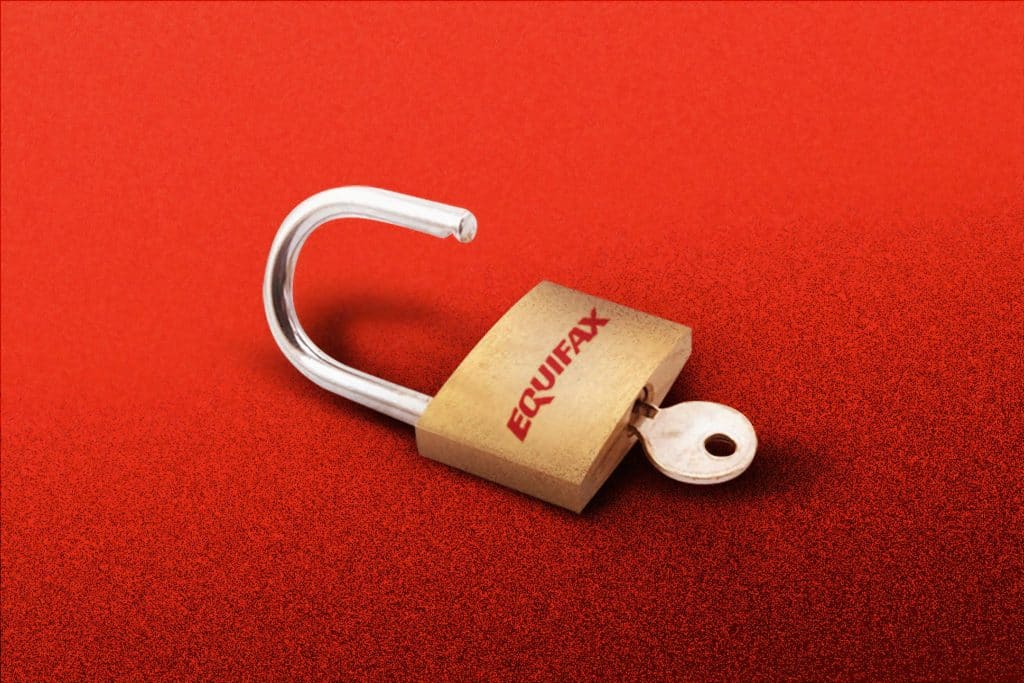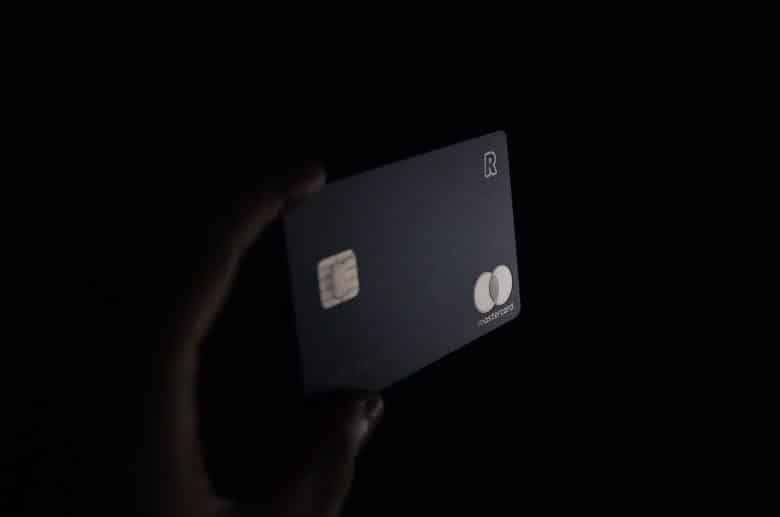1). Analyze Your Credit Report
You are entitled to request one free credit report annually from the three reporting agencies, which should not impact your credit score. You should review the report, checking for any errors that you should dispute. It is the closest thing to getting a quick credit fix. It would help if you informed the credit reporting agency of any outdated or incorrect information because it can improve your score one the false details are fixed. If you don’t know your credit you can request this information under the FRCA. FRCA requirements means you can request you can your personal information from consumer reporting agencies.
2). Set Up Payment Reminders
Keep note of each bill’s deadline. Write this down on a calendar or planner and set reminders. Your score will improve within a short period when you pay your debts on time, consistently.

3). Make More Than One Payment In A Billing Cycle
Consider making payments every two weeks instead of once a month if you can afford it. It will help reduce your credit utilization while improving your score.
4). Contact Your Creditors
It would be best if you did this as soon as possible to ensure a payment plan is in play if you miss payment deadlines or cannot afford the monthly bill. A fast mean or resolving the problem can help ease the negative impact late or missed payments as will has high outstanding balances can have on your credit score.
5). Be Frugal With New Credit Applications
While the more you borrow, the more your credit limit, it still can dent your score if you make too many applications within a short period.
6). Do Not Close Old Credit Card Accounts
How far back your credit record goes matters – the longer the history, the better. If you are thinking of closing a few credit accounts, start with the newer ones.
7). Exercise Caution When Settling Off Old Debts
If a creditor charged off a debt, it means they are not expecting further payments. Making a payment on such an account reactivates the debt, and it can lower your credit score. It is a common issue in situations where collection agencies are involved.

8). First Settle “Maxed Out” Cards
If you are using several credit cards with the amount owed on some of them is close to the credit limit, you must pay them off. It will lower your credit utilization rate.
9). Diversify Your Credit Portfolio
Your student loans, car loans, credit cards, and mortgage account for 10% of your credit score. The more elements you add to your credit mix, the better your score. But this is if you make timely payments.
10). Get A Quick Loan
Consider taking a ‘quick loan’ if you have bad credit and have no means of improving things. They are more of the conventional loans people consider when they need small amounts of money (£250 to £1,000) to investigate direct lender networks for bad credit. The repayment history for these loans is reported to credit agencies, which can help bolster your credit score. However, let this option be a last resort.













Leave a Reply